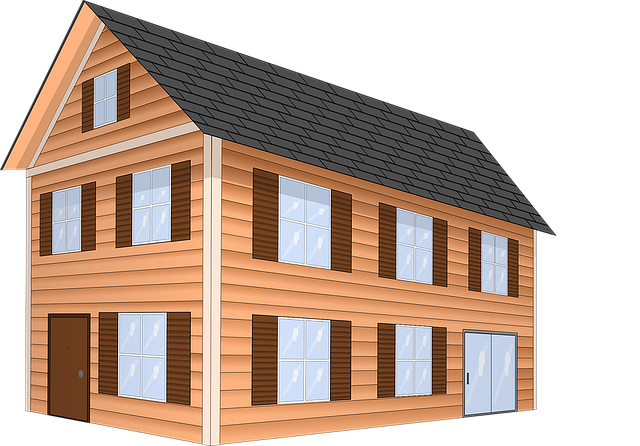Renovation Budget Planning is crucial for successful home renovations, involving understanding project scope, regional cost variations, material types, and potential unforeseen issues. Homeowners should research typical costs (e.g., kitchen updates average $25K-$50K), consult professionals, create detailed plans, factor in contingencies, and regularly review budgets to prevent overspending. Setting clear goals, prioritizing tasks, considering DIY options, and shopping around for supplies maximize cost savings while keeping projects on track.
Thinking of tackling a home renovation project but unsure where to start with your budget? This guide is designed to demystify the financial landscape of popular home renovations, offering insights into the average costs and key cost drivers. From understanding the impact of location and scope to creating a realistic budget plan, you’ll discover essential strategies for optimizing your renovation budget. By the end, you’ll be equipped with the knowledge to make informed decisions for your dream home upgrade.
Understanding Cost Factors for Home Renovations
Understanding the cost factors involved in home renovations is key to effective renovation budget planning. Several elements significantly impact the overall expenses, making it essential for homeowners to be aware of these variables. One primary factor is the scope and scale of the project; whether it’s a minor facelift or a complete overhaul, the cost will vary accordingly. Materials and labor costs also play a substantial role; different regions have varying prices for resources and skilled workers.
Another crucial consideration is the type of materials chosen. Upgrading to high-end fixtures, appliances, or finishes can significantly drive up expenses. Additionally, unforeseen issues like structural problems or old, outdated systems might require unexpected repairs or replacements, impacting the renovation budget planning. Understanding these factors empowers homeowners to set realistic expectations and allocate resources accordingly.
Popular Renovation Projects and Their Average Costs
When considering home renovation projects, it’s crucial to have a clear understanding of the costs involved. Some popular renovations include kitchen updates, bathroom remodels, and adding an extra bedroom or living space. According to recent studies, the average cost for a minor kitchen remodel ranges from $25,000 to $40,000, while a mid-range bathroom renovation can expect to spend between $10,000 and $20,000. For more extensive projects like adding a new room or expanding the living area, budgets can significantly increase, often reaching $50,000 or more. Effective renovation budget planning involves researching average costs, consulting with professionals, and creating a detailed plan to ensure both quality outcomes and financial stability.
Creating a Realistic Budget Plan
Creating a realistic budget plan is paramount before diving into any home renovation project. It involves meticulous research, careful consideration of costs associated with labor and materials, and forecasting potential expenses that may arise during the process. A well-crafted renovation budget planning enables homeowners to stay on track financially, avoid overspending, and manage their expectations effectively.
Start by identifying your project scope, gathering quotes from multiple contractors, and comparing material prices. Factor in contingencies for unforeseen issues and seasonal fluctuations in pricing. Regularly review and adjust your budget as the project progresses, ensuring you remain within your financial limits. This proactive approach ensures a smoother renovation experience and minimizes the risk of blowing your budget.
Tips to Optimize Your Renovation Budget
Renovation budget planning is a crucial step in ensuring your project stays on track financially. One effective strategy is to set clear goals and create a detailed plan before starting. This involves researching costs for materials, labor, and any necessary permits. Prioritize tasks based on both their impact on the home’s value and budget constraints.
Another tip for optimizing your renovation budget is to consider DIY options for smaller tasks. Many projects have significant wiggle room where homeowners can save money by taking on certain aspects themselves. Additionally, shopping around for supplies and comparing prices from different suppliers can lead to substantial cost savings. Remember, efficient budgeting involves a thoughtful balance between hiring professionals and managing tasks independently.
When embarking on a home renovation project, meticulous budget planning is key. By understanding cost factors, exploring average project expenses, and implementing optimization tips, homeowners can ensure their renovations stay on track financially. Effective budget planning allows for a smoother process, enabling folks to transform their spaces without unexpected financial hurdles. Remember that a well-prepared renovation budget is the foundation for a successful and satisfying home makeover.
